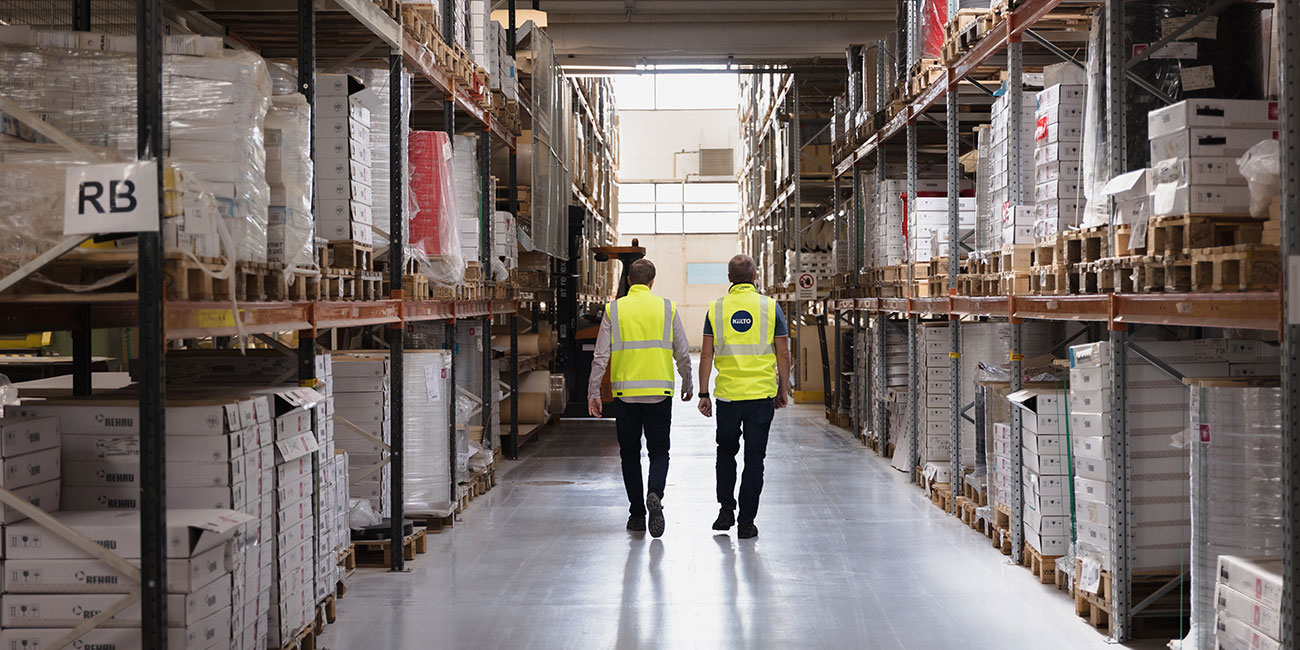By reducing the carbon footprint of its products, Kiilto helps its customers to reduce their indirect (scope 3) emissions. As one of the concrete steps to reach a 15% carbon footprint reduction, Kiilto uses a raw material that contains bio-based content and recycled carbon. It is used to manufacture Kiilto´s wood adhesives that typically serve the furniture manufacturing industry.
In addition to using bio-based raw materials like Vinyl Acetate ECO-B, Kiilto is actively exploring new solutions to lower the impact on environment. Current RDI (Research, Development and Innovation) projects focus on testing hemicellulose, lignin, and cellulose, which are plant-derived materials with strong potential for use in industrial adhesives. These initiatives are grounded in the principles of the circular economy, aiming to reduce carbon emissions and enhance material efficiency.
“We adopt new technologies not only to meet our environmental targets, but to set an example in our industry and help our customers to meet their targets as well,” explains Eero Katajamäki, Market Development Manager at Kiilto.
One such innovation in the furniture industry is Kiilto Pro Debond, a breakthrough adhesive that makes reusing and recycling of bonded materials easier than ever. It uses Kiilto´s innovative Debonding on Demand adhesive technology, which enables materials to be separated without damage.
“This is a key step toward more circular product lifecycles,” Katajamäki notes.
In addition, Kiilto has introduced Kiilto Biomelt, the world’s first biodegradable hot melt adhesive, made from 70% bio-based raw materials.
“Lowering the environmental impact is the most important starting point of our product development. Sometimes the process can feel like detective work or a detour. Sometimes you reach the landmark first. However, both only give more fuel to search further and find new ways to lower the impact on the environment,” Jokela sums.
